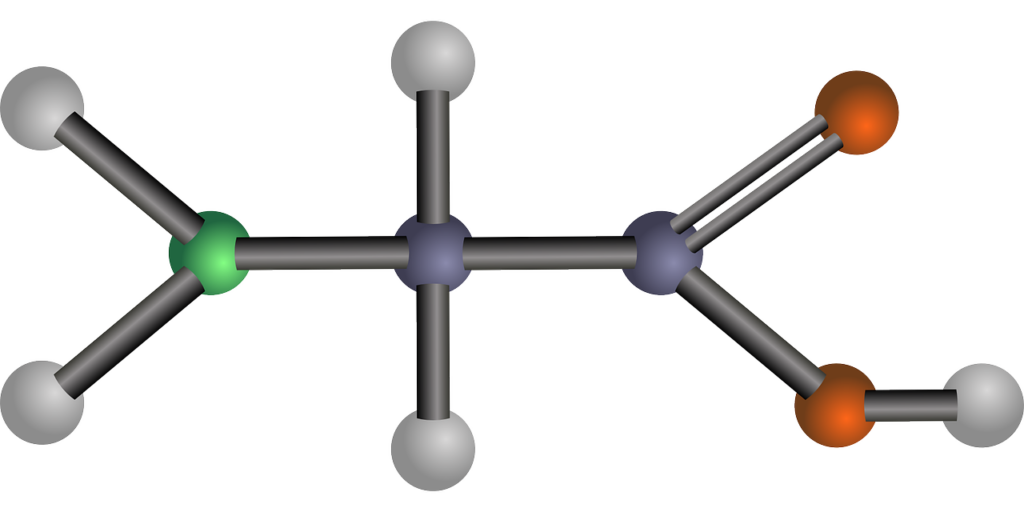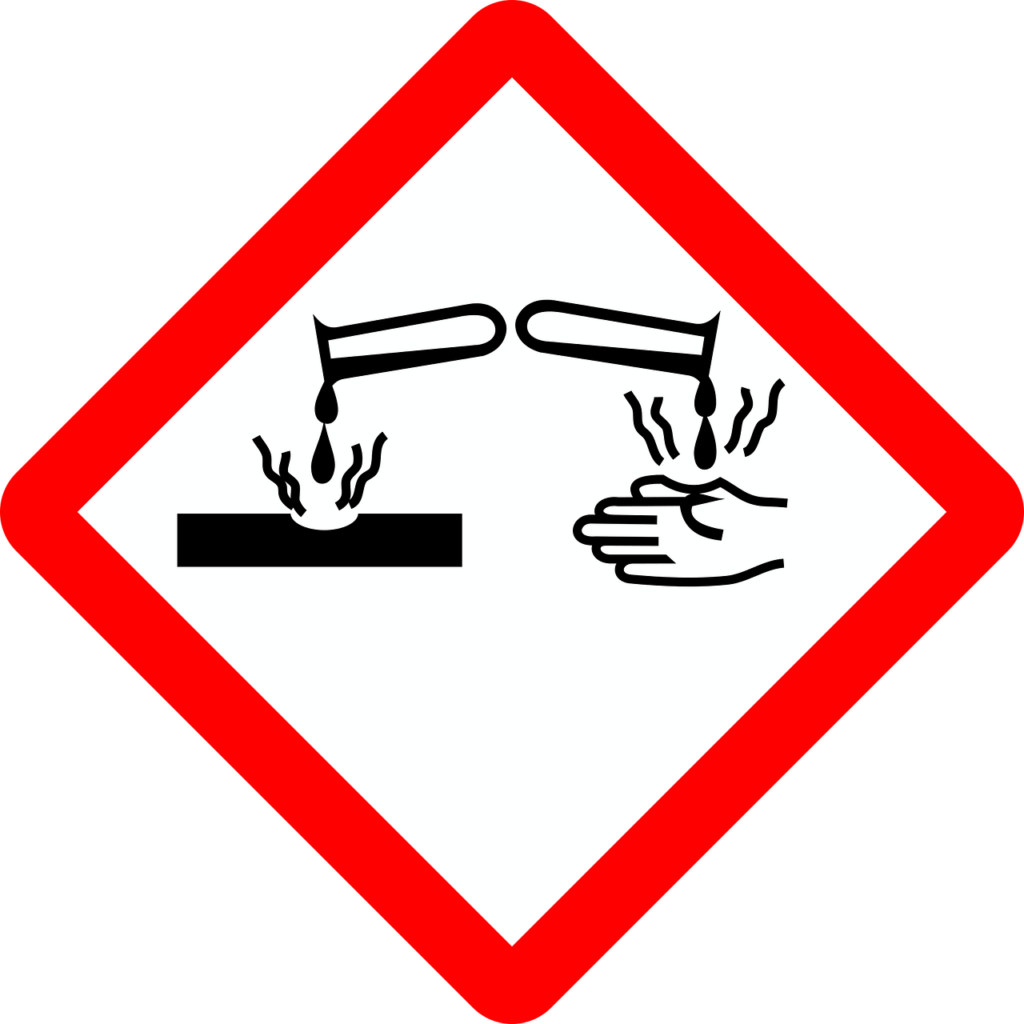If you’re tired of the burning sensation and discomfort caused by acid reflux, look no further! In this article, you will discover a comprehensive approach to tackling this common digestive issue using natural remedies. Say goodbye to the constant need for antacids and prescription medications as we explore the power of holistic methods and lifestyle changes that can help you find lasting relief. Get ready to take control of your digestive health and embrace a natural solution to acid reflux.
Understanding Acid Reflux
Acid reflux, also known as gastroesophageal reflux disease (GERD), is a condition where stomach acid flows back into the esophagus, causing symptoms such as heartburn, regurgitation, and chest pain. It occurs when the lower esophageal sphincter (LES) weakens or relaxes, allowing stomach acid to escape. Understanding the causes and symptoms of acid reflux is essential for finding effective relief.
What is Acid Reflux?
Acid reflux is a common digestive disorder that occurs when the acidic contents of the stomach flow back into the esophagus. The esophagus is the tube that connects the mouth to the stomach. Normally, a ring of muscle called the lower esophageal sphincter (LES) acts as a barrier, preventing stomach acid from entering the esophagus. However, when the LES weakens or relaxes abnormally, acid reflux can occur.
Causes of Acid Reflux
There are several factors that can contribute to the development of acid reflux. These include:
-
Hiatal Hernia: A hiatal hernia occurs when a portion of the stomach pushes through the diaphragm, allowing acid to flow into the esophagus.
-
Obesity: Excess weight puts pressure on the stomach, causing the LES to weaken and allowing acid to reflux into the esophagus.
-
Certain Foods and Beverages: Spicy, fatty, and acidic foods, as well as alcohol, caffeine, and carbonated drinks, can trigger acid reflux symptoms.
-
Pregnancy: Hormonal changes during pregnancy can relax the LES, leading to acid reflux.
-
Smoking: Smoking weakens the LES and increases acid production, making individuals more susceptible to acid reflux.
Symptoms of Acid Reflux
Acid reflux can cause a range of symptoms, including:
-
Heartburn: A burning sensation in the chest that often occurs after eating and may worsen when lying down.
-
Regurgitation: The backflow of stomach acid into the mouth or throat, causing a sour or bitter taste.
-
Chest Pain: Acid reflux can sometimes cause chest pain that may mimic heart-related issues.
-
Difficulty Swallowing: The inflammation and irritation caused by acid reflux can make swallowing painful or uncomfortable.
-
Chronic Cough: Acid reflux can irritate the throat and lead to a persistent cough.
Dietary Changes for Acid Reflux Relief
Making dietary changes can be an effective way to manage acid reflux symptoms and prevent flare-ups. By adopting the following strategies, you can reduce your symptoms and improve your digestive health.
Limiting Acidic Foods and Beverages
Acidic foods and beverages can aggravate acid reflux symptoms. Examples of acidic foods include citrus fruits, tomatoes, vinegar, and certain fermented foods. It is important to reduce your intake of these foods and opt for less acidic alternatives.
Avoiding Trigger Foods
Certain foods can trigger or worsen acid reflux symptoms. Common trigger foods include spicy foods, fatty foods, chocolate, caffeine, and alcohol. By identifying your personal trigger foods and avoiding them, you can minimize acid reflux symptoms.
Incorporating Alkaline Foods
Alkaline foods help neutralize stomach acid and reduce symptoms of acid reflux. Examples of alkaline foods include bananas, melons, leafy greens, and ginger. By incorporating more alkaline foods into your diet, you can promote a healthier balance of acid in your stomach.

This image is property of pixabay.com.
Lifestyle Modifications for Acid Reflux
In addition to dietary changes, making lifestyle modifications can greatly reduce the frequency and severity of acid reflux symptoms. Consider implementing the following strategies to improve your digestive health.
Maintaining a Healthy Weight
Excess weight and obesity can put pressure on the stomach, causing the LES to weaken and allowing acid to reflux into the esophagus. By maintaining a healthy weight through regular exercise and a balanced diet, you can decrease the risk of acid reflux.
Eating Smaller, More Frequent Meals
Large meals can trigger acid reflux symptoms due to increased stomach pressure. Instead of eating three large meals, opt for smaller, more frequent meals throughout the day. This allows your stomach to digest food more efficiently and reduces the likelihood of acid reflux.
Avoiding Eating Close to Bedtime
Eating a large meal before bedtime can exacerbate acid reflux symptoms, as lying down can allow stomach acid to flow back into the esophagus more easily. Try to avoid eating within two to three hours of lying down to reduce the risk of acid reflux during sleep.
Herbal Remedies for Acid Reflux
Herbal remedies have been used for centuries to alleviate digestive ailments, including acid reflux. The following herbs may provide relief and support overall digestive health.
Marshmallow Root
Marshmallow root has soothing properties that can help alleviate the inflammation and irritation caused by acid reflux. It forms a protective coating in the esophagus, reducing the impact of stomach acid and promoting healing.
Ginger
Ginger has been traditionally used to treat various digestive issues, including acid reflux. It can help decrease inflammation in the stomach and esophagus, as well as promote the emptying of the stomach, reducing the risk of acid reflux.
Chamomile
Chamomile has calming properties that can help relax the muscles of the gastrointestinal tract, including the LES. It also has anti-inflammatory effects, making it a soothing option for individuals with acid reflux.

This image is property of pixabay.com.
Homeopathic Remedies for Acid Reflux
Homeopathy offers natural remedies for acid reflux that aim to restore balance and promote healing. These remedies are safe and gentle, with minimal side effects. Discussing your symptoms with a qualified homeopath can help determine the most suitable remedy for your specific needs.
Nux Vomica
Nux vomica is a common homeopathic remedy for acid reflux symptoms, especially when associated with overeating, excessive alcohol consumption, or stress. It works to calm the digestive system and alleviate discomfort.
Pulsatilla
Pulsatilla is often recommended for individuals with acid reflux symptoms that are worsened by fatty or rich foods. This remedy is particularly effective for symptoms that improve with cool air and gentle movement.
Natrum Phosphoricum
Natrum phosphoricum is a useful remedy for acid reflux accompanied by a sour taste in the mouth or belching with a sour odor. It helps regulate the acid balance in the stomach and alleviate symptoms associated with acid reflux.
Essential Oils for Acid Reflux Relief
The use of essential oils can complement other natural approaches in managing acid reflux symptoms. When used properly and diluted, essential oils can provide relief and promote a sense of calm in the digestive system.
Peppermint Oil
Peppermint oil has been traditionally used to soothe digestive discomfort, including acid reflux. It can help relax the muscles in the digestive tract, reducing spasms and promoting healthy digestion.
Lemon Oil
Lemon oil has alkalizing properties that can help neutralize excess stomach acid. It also aids in digestion and can alleviate symptoms such as heartburn and indigestion.
Lavender Oil
Lavender oil is known for its calming effects and can be beneficial for individuals experiencing acid reflux related to stress or anxiety. It helps relax the muscles of the digestive tract and promotes a sense of well-being.

This image is property of pixabay.com.
Supplements for Acid Reflux
Supplements can provide additional support in managing acid reflux symptoms and promoting optimal digestive health. Consult with a healthcare professional to determine the appropriate supplements for your specific needs.
Probiotics
Probiotics promote a healthy balance of gut bacteria and can aid in reducing symptoms of acid reflux. They help improve digestion and support the overall health of the digestive system.
Digestive Enzymes
Digestive enzymes can assist in breaking down food more efficiently, reducing the workload on the digestive system and minimizing the risk of acid reflux. Bromelain and papain are two commonly used digestive enzymes for acid reflux relief.
DGL Licorice
DGL licorice is a form of licorice root that has been specially processed to remove a compound called glycyrrhizin, which can cause side effects. DGL licorice helps soothe the digestive tract, reduce inflammation, and protect the esophageal lining.
Acupuncture and Acupressure for Acid Reflux
Traditional Chinese medicine offers acupuncture and acupressure as alternative therapies for managing acid reflux symptoms. These modalities aim to restore the flow of qi (life energy) and promote balance in the body.
Acupuncture for Symptom Relief
Acupuncture involves the insertion of thin needles into specific points on the body to stimulate the flow of energy. It can help alleviate symptoms of acid reflux, such as heartburn and regurgitation, by balancing the energy meridians.
Acupressure Points for Immediate Relief
Acupressure involves applying pressure to specific points on the body to relieve symptoms. Two acupressure points that may provide immediate relief from acid reflux symptoms are the Pericardium 6 (P6) point, located on the inner forearm, and the Stomach 36 (ST36) point, located on the shin.

Breathing Exercises for Acid Reflux
Certain breathing exercises can help manage acid reflux symptoms by reducing stress and promoting relaxation. By incorporating these techniques into your daily routine, you may experience relief from acid reflux symptoms.
Diaphragmatic Breathing
Diaphragmatic breathing, also known as belly breathing, involves deep inhalation and exhalation, utilizing the diaphragm muscles. This technique helps relax the body and reduces stress, which can contribute to acid reflux symptoms.
Pursed-Lip Breathing
Pursed-lip breathing involves inhaling deeply through the nose and exhaling slowly through pursed lips. It can help calm the nervous system and promote relaxation, which may alleviate acid reflux symptoms.
Alternate Nostril Breathing
Alternate nostril breathing involves using the fingers to alternate between blocking one nostril and breathing through the other. This technique helps balance the energy flow in the body and promotes relaxation, reducing the likelihood of acid reflux.
Yoga Poses for Acid Reflux Relief
Yoga offers a holistic approach to managing acid reflux symptoms by incorporating gentle movements, deep breathing, and mindfulness. The following yoga poses may help alleviate symptoms and promote proper digestion.
Bridge Pose
Bridge pose involves lying on your back and lifting your hips off the ground, creating a bridge-like shape with your body. This pose helps stretch the chest, relax the diaphragm, and relieve digestive discomfort.
Seated Forward Bend
Seated forward bend involves sitting with your legs straight and gently folding forward, reaching for your feet or ankles. This pose promotes healthy digestion, helps relieve stress, and can alleviate acid reflux symptoms.
Supine Twist
Supine twist involves lying on your back and gently twisting your legs to one side, while keeping your upper body facing upwards. This pose helps mobilize the digestive organs and stimulates healthy digestion.
By understanding acid reflux, making dietary changes, implementing lifestyle modifications, exploring natural remedies, and adopting self-care practices, you can effectively manage acid reflux symptoms and improve your overall digestive health. Remember to consult with a healthcare professional before starting any new treatment or supplementation regimen. With a comprehensive approach, you can find relief and enjoy a more comfortable life free from the discomfort of acid reflux.

